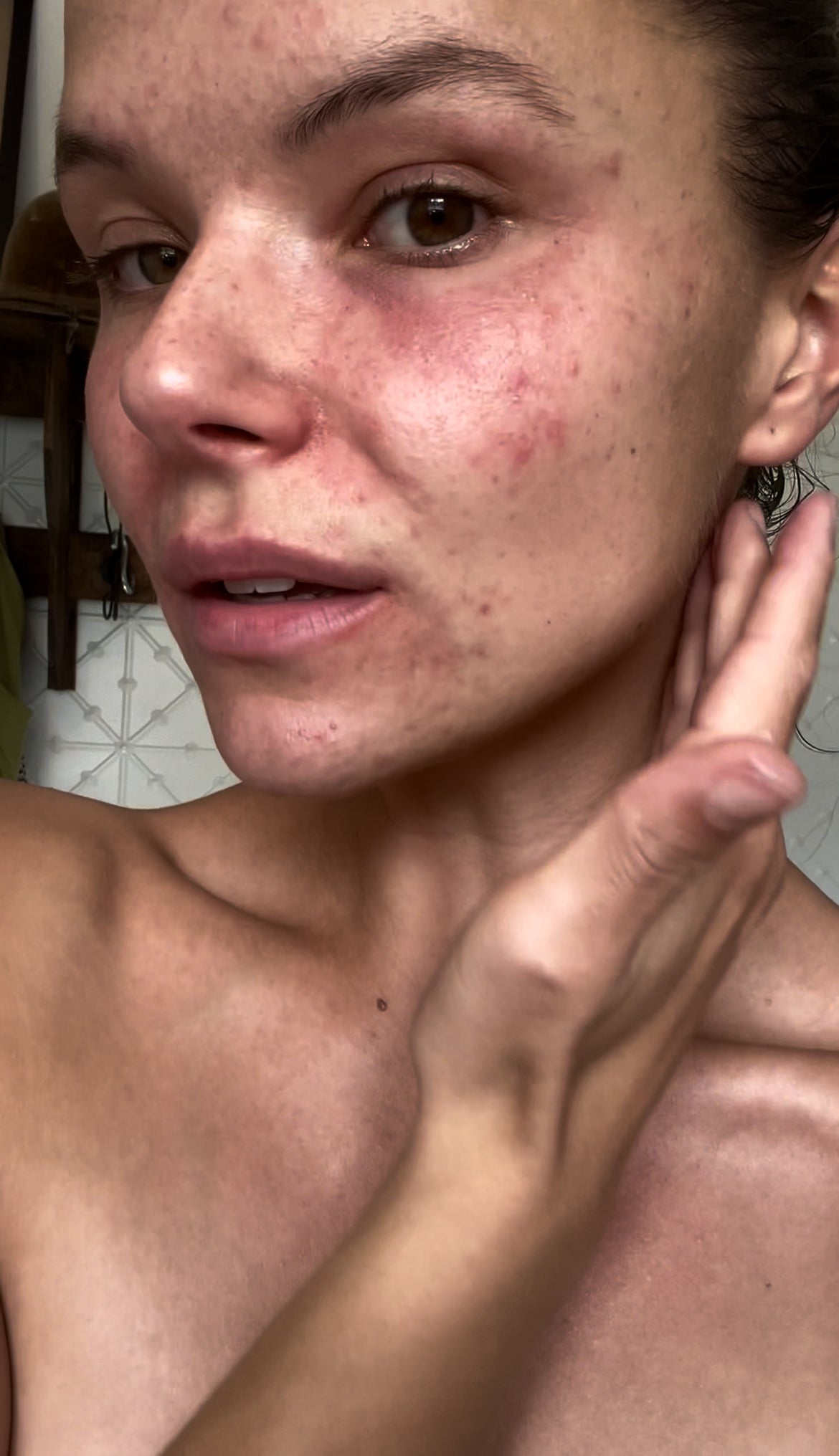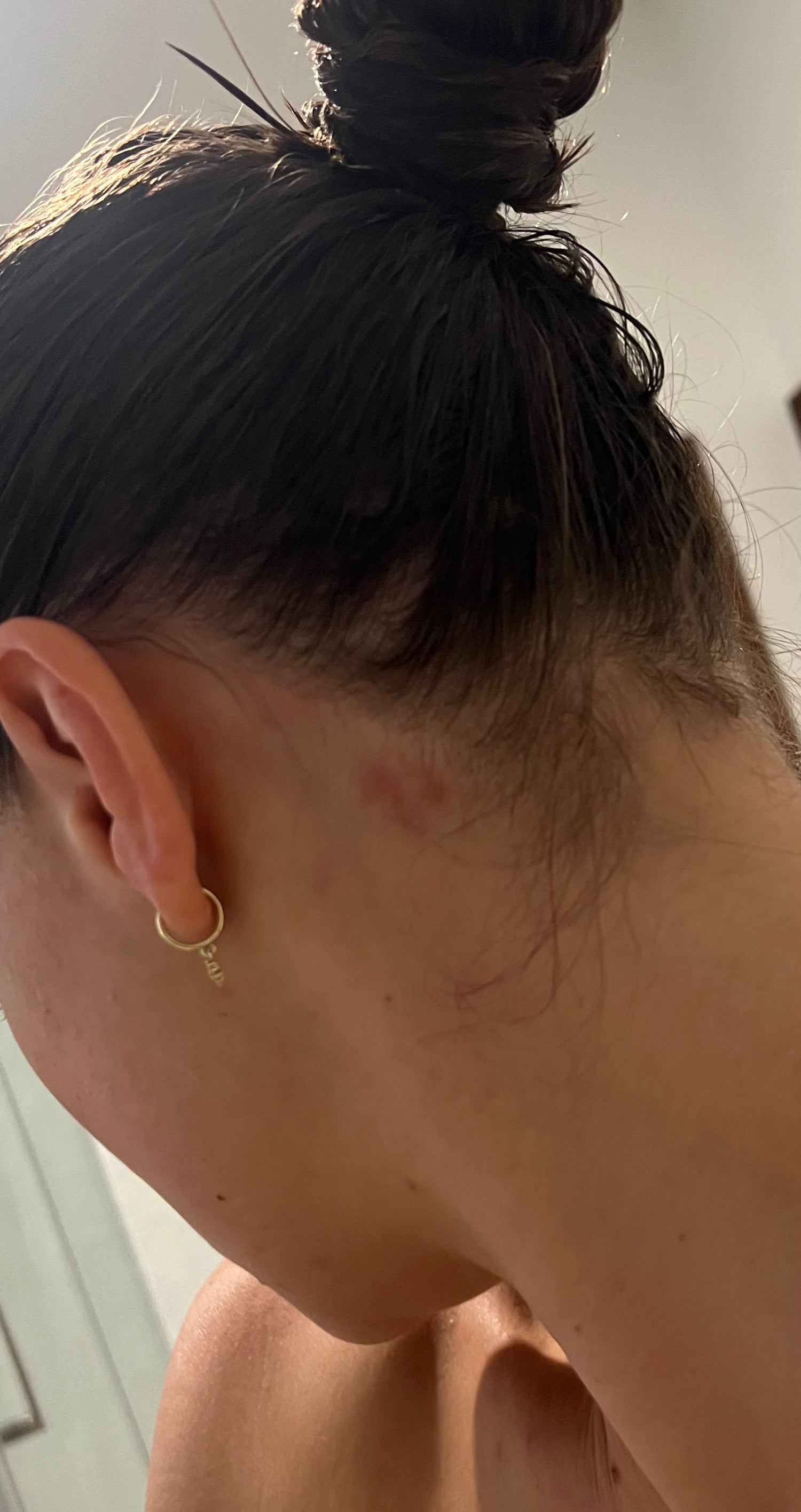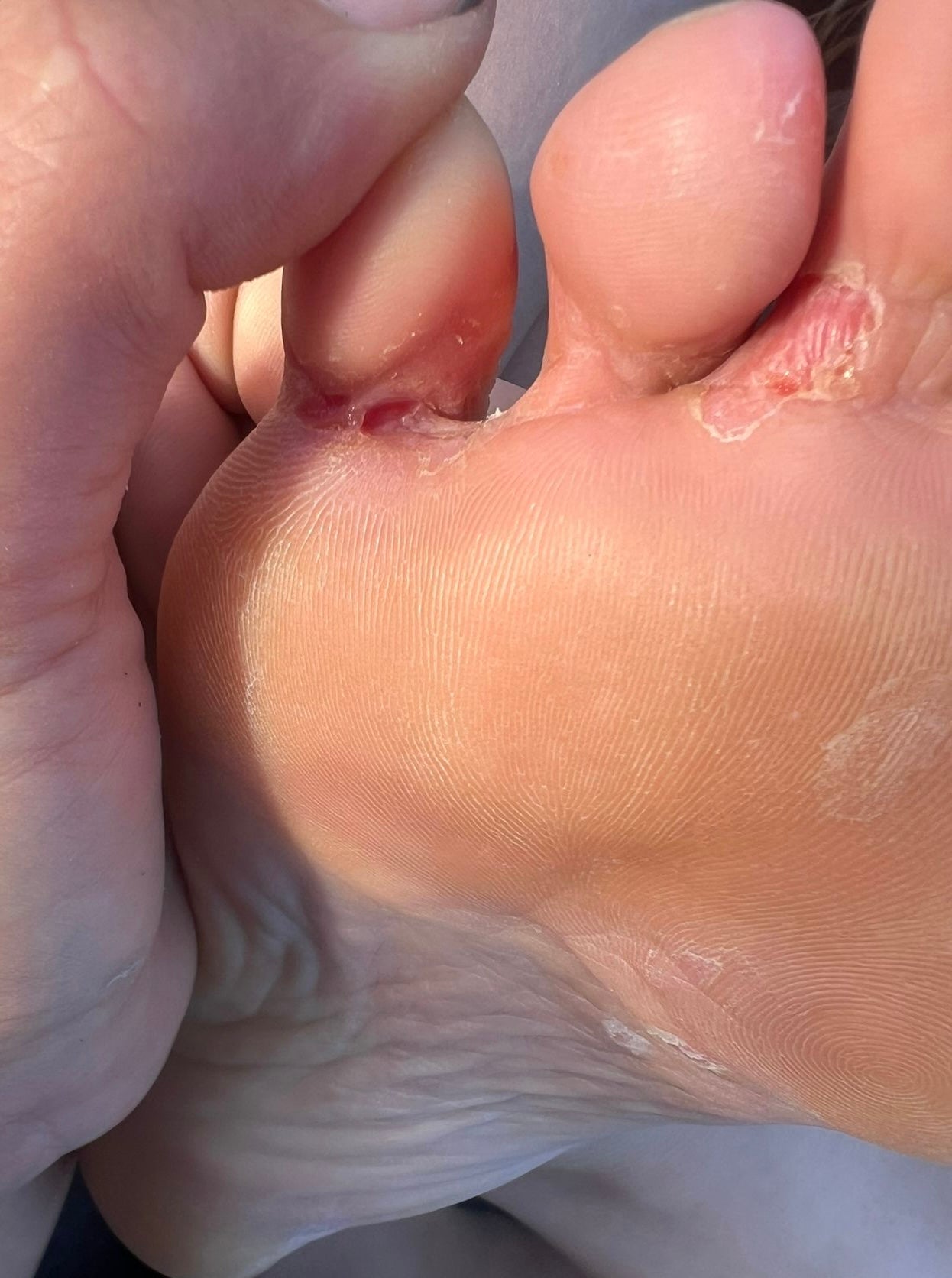Eczema vs. Psoriasis: Key Differences You Should Know
Struggling to tell the difference between eczema and psoriasis? You’re not alone.
Both are common skin conditions, but they have very different causes, symptoms, and treatment approaches. Understanding what sets them apart can help you manage symptoms more effectively—and know when to seek professional advice.
What Is Eczema?
Eczema (also known as atopic dermatitis) is a chronic condition that causes inflammation, dryness, and intense itching. It often starts in childhood, but it can appear or persist in adults as well.
Common Symptoms
- Dry, scaly, or cracked skin
- Persistent itching
- Red or brown patches
- Fluid-filled blisters in severe cases
Typical Locations
- Elbow and knee creases
- Face, neck, and hands
Common Triggers
- Allergens (like dust mites or pet dander)
- Irritants (such as soaps or detergents)
- Changes in weather
- Emotional stress
What Is Psoriasis?
Psoriasis is an autoimmune condition that causes skin cells to multiply faster than normal. This buildup results in thick, scaly patches called plaques, which can be uncomfortable or painful.
Common Symptoms
- Raised red patches with silvery-white scales
- Burning, itching, or stinging sensations
- Cracked, dry skin that may bleed
Typical Locations
- Scalp
- Elbows and knees
- Lower back
Common Triggers
- Infections
- Cold weather
- Certain medications
- High stress levels
Eczema vs. Psoriasis: Spot the Differences
| Feature | Eczema | Psoriasis |
|---|---|---|
| Appearance | Red, inflamed, sometimes oozing | Thick, silvery-scaled plaques |
| Itching Level | Intense itching | Burning or mild-to-intense itching |
| Common Onset | Early childhood | Adulthood |
| Common Locations | Bends of limbs, face, neck, hands | Scalp, elbows, knees, lower back |
| Underlying Cause | Immune sensitivity + environmental triggers | Autoimmune response |
Diagnosis and Treatment Options
If you're unsure which condition you're dealing with, always speak with a dermatologist. Though they may look similar, eczema and psoriasis require different treatment strategies.
Treating Eczema
- Daily moisturisers and barrier creams
- Prescription corticosteroid creams
- Antihistamines to reduce itching
- Identifying and avoiding personal triggers
Treating Psoriasis
- Topical treatments like corticosteroids or vitamin D creams
- Light therapy (phototherapy)
- Systemic medications for moderate to severe cases
- Stress-reducing practices to prevent flare-ups
When to See a Dermatologist
If your skin symptoms are persistent, spreading, or resistant to over-the-counter treatments, don’t wait. A dermatologist can provide a clear diagnosis and recommend a tailored treatment plan that works for your skin.
Final Thoughts
While eczema and psoriasis can look and feel similar, they stem from different causes and require different care. Recognising the signs early—and understanding which condition you’re managing—is a powerful first step toward lasting skin relief and better quality of life.





